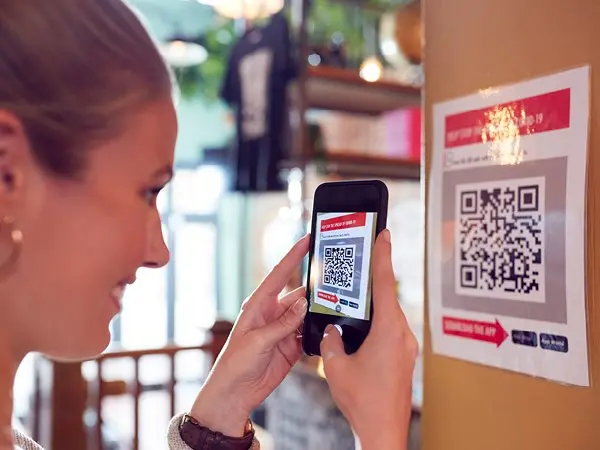Social Security Scams: What To Watch For
Financial Education
3 Myths And Facts About Fraud
Fraud & Scams
Digital Banking
Myth: Fraud victims are most often older adults.
Myth: You only need to worry about romance scams if you’re on a dating app.
Myth: You only need to report fraud if you lose money.
filing a report is easy
Want More Fraud-Fighting Tips?
spot and stop a scam.
Federal Trade Commission

Keep an Eye Out for AI Scams

Know When to Scroll: Avoiding Instagram & Social Media Scams

Add Streaming Scams to Your Watch List

What to do if you’ve clicked a suspicious link

Social Security Scams: What To Watch Out For

QR Codes: Convenient, Popular & an Easy Scam Target

Stay One Step Ahead of Loan Scammers

5 Ways to Avoid Crypto Scams





Featured Products
Financial Education
About
Help & Support





Stay on SummitCreditUnion.com
Go
Consumer Financial Protection Bureau's website.




